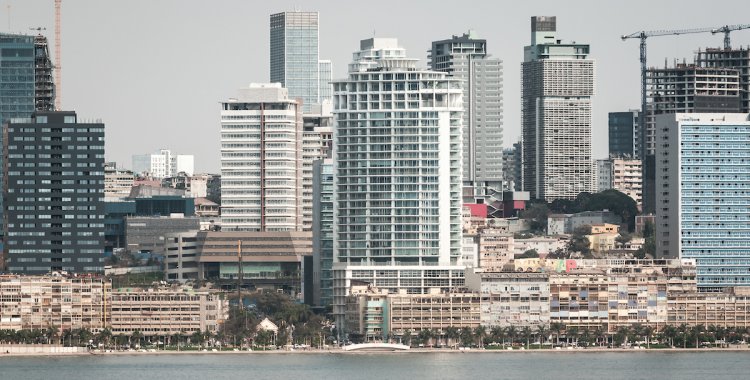The subject was addressed during the conference on "Public-Private Partnerships, Competition and Public Contracting", organized by the Law Research Center of the Faculty of Law of the Catholic University of Angola, in partnership with DETONS LEAD – Sociedade de Advogados, RL and Sérvulo & Associados – Portuguese Law Firm.
Speaking to the press, the professor at the Faculty of Law at Agostinho Neto University and partner at Castro e Costa – Sociedade de Advogados, Silvino de Castro, considered PPP and competition to be two "extremely important" topics currently in the Angolan economic context.
Silvino de Castro highlighted that the main reference in Angola for PPPs is in the field of oil and diamond exploration, but today the need to extend them to the area of infrastructure is felt.
"We have a need, we have a lack of infrastructure, certainly extending PPPs to this area would be convenient, because at the end of the day we would have the satisfaction of the collective needs of citizens, on the one hand, and on the other hand the satisfaction on the part of the State that sees the investment being carried out by a private party and that, from the operational point of view, it will be an investment developed by a private party", he said.
The university professor highlighted that private companies "do not enter into a business to lose", and in this sense, mechanisms are implemented for the development, improvement of the efficiency and effectiveness of the partnership, contrary to what would be the case in the sphere of the State.
"This is the great mission and I think we should start taking steps towards implementing PPP in the area of infrastructure", he stressed.
Mark Kirkby, master and partner at Sérvulo & Associados - Portuguese Law Society, also speaker at this conference, told Lusa that he highlighted the Portuguese experience in a comparative logic, namely the problems that Portugal had with the PPP, which had a lot to do with its preparation and financing of projects that were not economically viable and less preparation of contracts.
Mark Kirkby stressed, however, that the Portuguese experience of PPP was very positive, with many infrastructures resulting from private investments made in PPP, whether roads, hospitals and railways.
"But I think there are lessons to be learned and that's what I tried to bring here, since Angola will enter a phase of PPP and infrastructure concessions, basically bringing here what were the positive experiences, but also the negative ones , for these aspects to be calculated in the next contracts to be signed", he highlighted.
On a legal level, Mark Kirkby pointed out, Angola is very advanced in the diplomas that regulate the constitution and preparation of PPPs by the State, as well as public procurement legislation, "they are aligned with the best international parameters".
"The problem now is the practical application of effective supervision and the commitment of qualified professionals in the preparation of PPPs, it is not so much the legal problem, but also the financial problem", he argued.
According to the expert, "it is necessary to know whether PPP users, be they highways or transport, will have the money to pay what the required tariffs will be, whether the State, in case the projections show that these plans are not sufficient to finance the project, it has the financial conditions to support the other party, therefore, there is a more financial than legal dimension to knowing whether the projects are viable or not".







